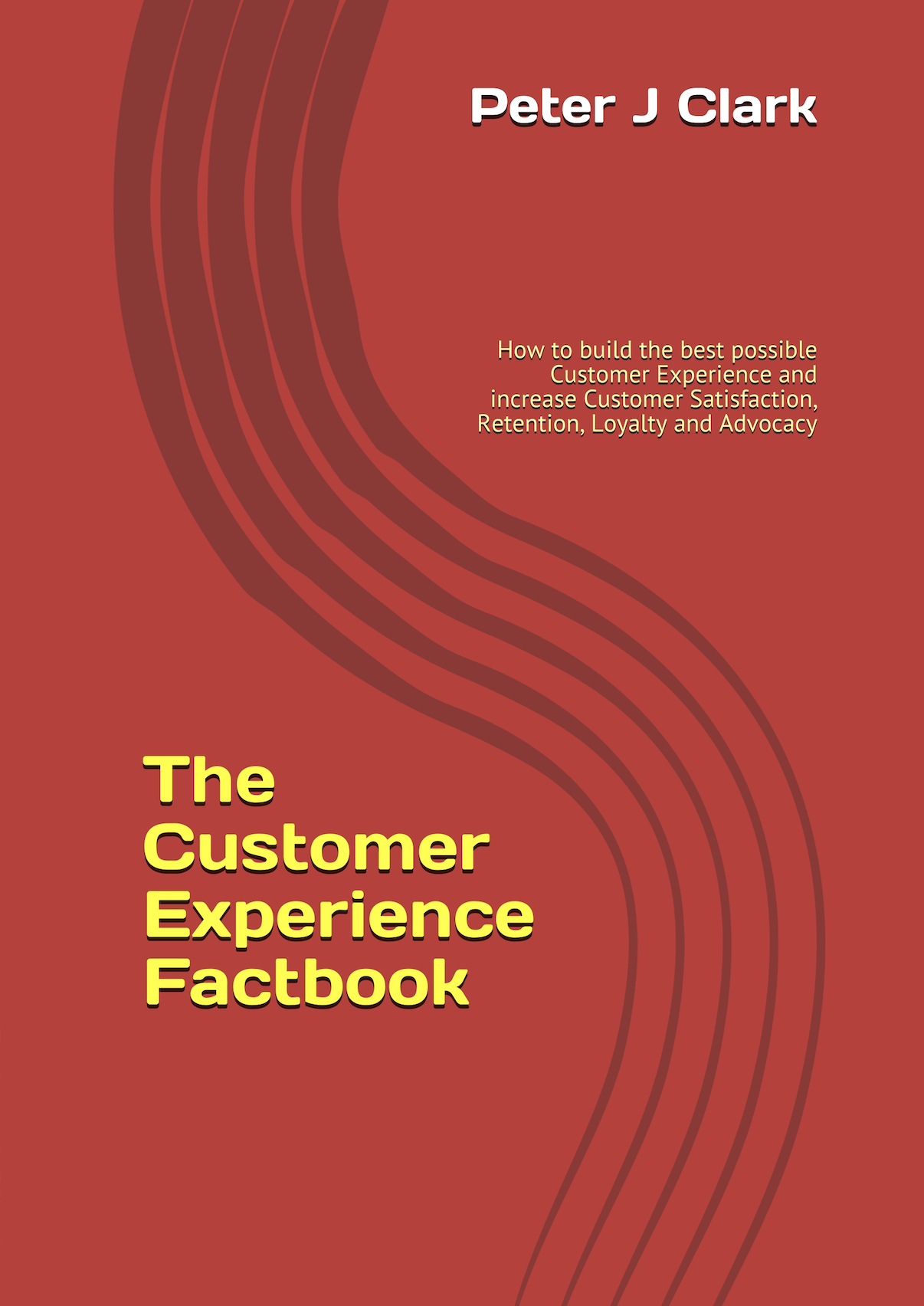A third of travellers defect due to poor payment options
Digital channels and transparent pricing are also key
More than one third of British, American, Chinese, French and German travelers surveyed globally (36%) are unhappy about not being able to pay the way they want when booking holidays online, according to an online survey of 7,400 consumers by YouGov and ACI Worldwide, a provider of real-time electronic payment and banking solutions.
Lack of transparent pricing is another large concern for travelers, with 66% globally saying there are too many hidden fees such as add-ons when booking trips and tickets online, resulting in final prices that are different to the ones advertised.
Among the study's key findings and trends:
- On average, nearly two in five (37%) of respondents globally travel 1-2 times a year while more than one in five (22%) do so 3-5 times a year.
- 65% of travellers globally spend between USD 320 - 3,800 on leisure travel annually, with a third (33%) spending more than USD 1,300 per year.
- Globally, 74% prefer to book their travel via a digital device (computer, laptop or mobile phone) and on average, only 10% prefer to book in person.
- Travel comparison websites have significant market share, with 30% of travellers preferring to book via this channel.
- Globally, 30% of travelers want a range of payment options available and 36% feel frustrated if they can't pay via their preferred method.
- Credit and debit cards are still broadly the most popular means to pay for trips globally (36 and 29% respectively), with PayPal taking a strong market share (17% globally) in most countries and across age groups.
- Local payment methods feature strongly in Germany and China; in Germany 33% of consumers prefer to pay via direct bank transfer, in China 78% use Alipay as their preferred payment method.
- 66% of respondents find a lack of transparent pricing annoying.
- 32% of respondents are concerned about what travel companies do with their personal data and 34% say operators should be more transparent about what they do with customers' personal data.
- 33% of travellers globally have experienced fraud either while booking a holiday or while travelling.
- The number of UK travellers having experienced fraud is the lowest (18%), with 30% of Germans, 36% of Americans, 35% of French and an alarming 61% of Chinese travelers stating they had been victims of fraud.
"Our findings highlight that globally, there are a number of key service trends travellers value most when it comes to booking trips online. Local and alternative payment preferences as well as fraud and security impact not only the purchase but also the travel experience. These factors influence travellers' choice of operators, and whether they return to those providers in the future," Moedlhammer continued. "With downward cost pressures and the strain of competitive threats weighing on travel operators, the need to understand customer buying drivers and preferences has never been more important."
ACI recommends the following three top tips for online travel operators:
- Understand the local and regional payment preferences for target traveller markets. Worldwide there are over 300 different online payment methods - don't assume a "one size fits" all approach will work.
- Research current and emerging alternative payment methods which can improve conversion options on high priced vacation and travel ticket items. Lost opportunity cost can hamper revenue and future business.
- Develop an integrated payments and fraud management approach for managing transactions. Travellers want to feel confident and secure in the operators with whom they choose to do business.
"The global travel industry is a huge growth market worth US$2.2 trillion a year, with annual growth rates of about 10%. The market has undergone massive changes in the last decade, many of them driven by digitalization. Digital channels have empowered travel operators to provide new routes to market and travellers are now able to research their options online, and then choose exactly how they book and pay for their vacation or holiday breaks," said Peter Moedlhammer, Head of Global eCommerce Solutions, ACI Worldwide.
"What is surprising is that many consumers are unhappy with one or more aspects of their online customer journey, whether it is price transparency, the ability to make changes to a booking or to pay with their preferred payment method. If travel operators want to compete effectively in this very competitive market, they need to address these issues urgently," he added.
Sources: ACI Worldwide; YouGov / The Marketing Factbook.
Copyright © 2019 - 2025 The Marketing Factbook.
Categorised as:
- Customer Experience
- Knowing The Customer
- Marketing Know-How
